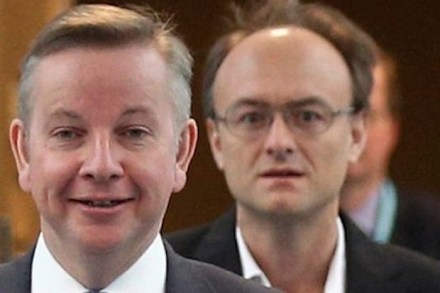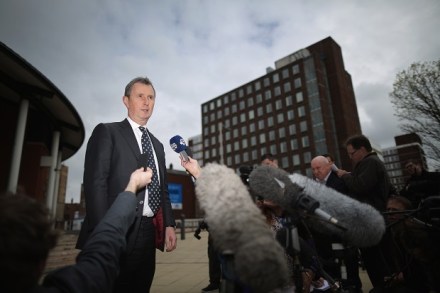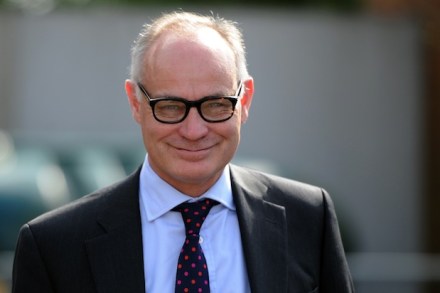How will Gove deal with Dominic Cummings’ attack on Number 10?
One of these days, former Gove adviser Dominic Cummings is going to tell us what he really thinks. He’s followed up his interview with the Times (£) in which he describes David Cameron as ‘bumbling’ and attacks the team around the Prime Minister with a blog examining the gap between politicians and the electorate and the failure of successive governments to learn from mistakes. The main problem for Number 10 in Cummings’ analysis of the way it works is that he’s not the only one who holds that opinion. He argues that Number 10, like MPs, has ‘no real knowledge of how to function other than via gimmick and briefings’ and




















